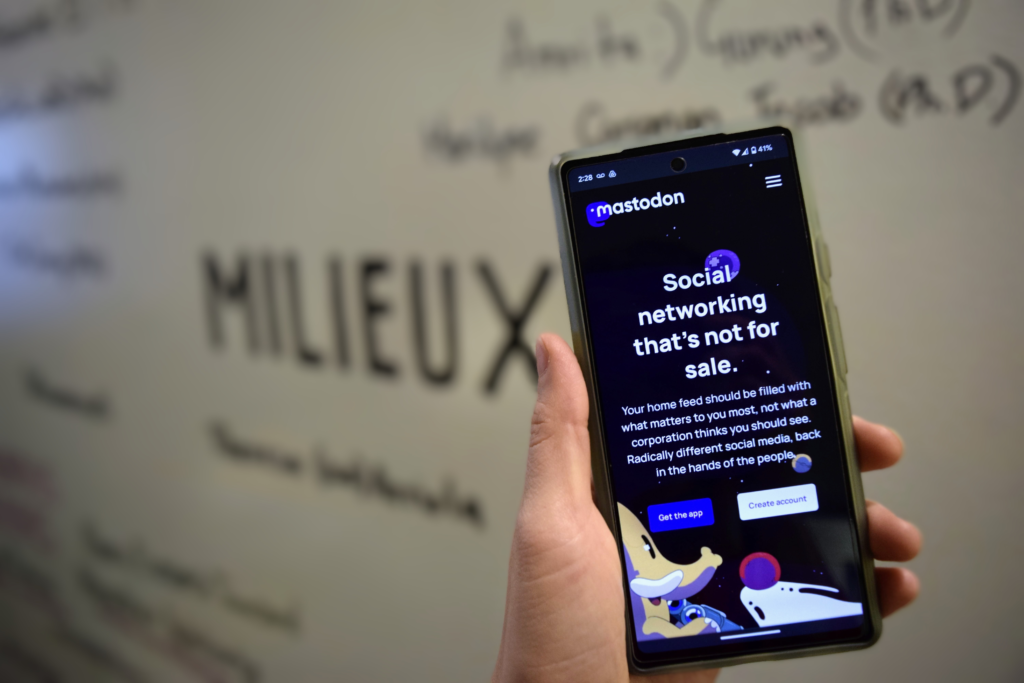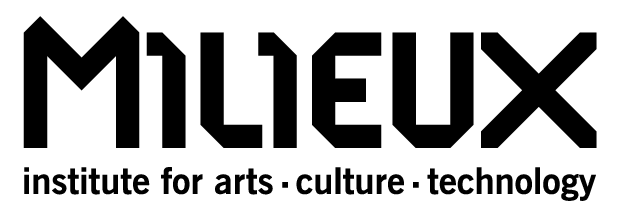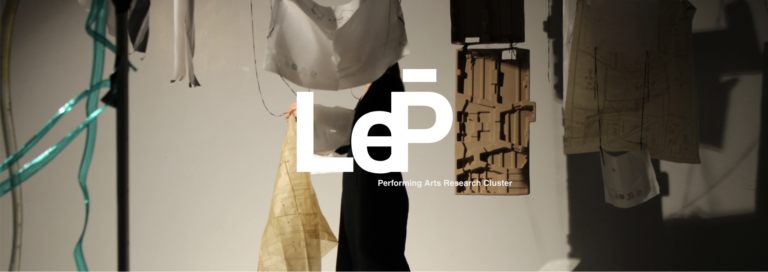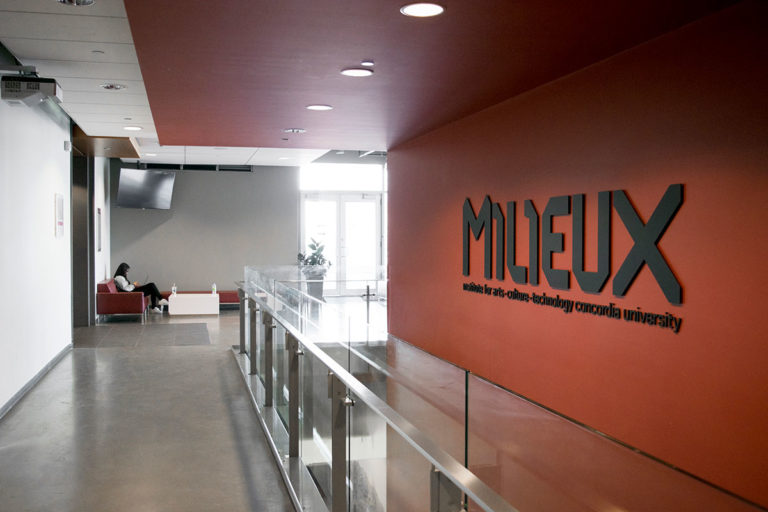by Dr. Fenwick McKelvey

Twitter is on fire. Should Milieux do anything about it?
Yes, it should toot.
Tooting is the bit-too-on-the nose name for using Mastodon, a social network built for the fediverse. Mastodon’s equivalent to a tweet mocks how commercial social media has become just a release for gassed up egos.
Maybe that could change. Federated media is alternative social media. Sort of like what email was before everyone switched to Gmail. To work, servers globally cooperate to share messages and self-manage, working in common and distinct. Hence federated.
Mastodon is not new nor the idea of federated social media. Why are we talking about it?
Elon Musk.
Never one to consider myself an optimist, Elon Musk’s first week as “Chief Twit” had me second guessing. His short-run was considerably worse than my low expectations. Firing the META team, the Human Rights Team, and the Academic Relations. All bad.
The upside is that Musk’s ownership has made Twitter unfashionable, or more unfashionable than it’s ever been. I say unfashionable because a lot of what keeps people on social media is as much to do with trends and bad choices. Like what I was thinking when I signed up to Twitter 13 years ago. Certainly not that I was committing to one of the most enduring relationships of my life. Nor that my tweets set expectations for subsequent PhDs became expected to follow.
Twitter’s decline is part of a widespread abandonment of social media. Social media is dead. Perhaps social media has always been dead, or dead much longer than thought. Not that the assumed owners of social media left, but what media they own cannot properly be called social. TikTok has attempted to capitalize on this moment by describing themselves as an entertainment company, as if to suggest friendship is not fun anymore. The app connects you with entertainers not friends. Similar worries have defined decades of television scholarship discussing edutainment, infotainment, or the ubiquity of reality television. So-called social media platforms find themselves reinventing the same solutions as the legacy industries they promised to disrupt. Media old and new find that their obligations to shareholders to be profitable implies that are entertaining also.
Not that social media platforms sold social services; they sold advertising. Advertising solved a still-unresolved business problem: how to sell social services people would pay for. Musk’s $8 verified revolution seems the latest idea to fail at this solution. Instead, social media never was social. Sociality and advertising were an act of mutual parasitism that fueled today’s technology giants, seemingly until now.
That leaves Milieux in an odd spot like a lot of legacy institutions. Should it carry on tweeting?
Do we all switch to Discord? Just kidding.
I’m proposing Milieux joins Mastadon and we debate what that looks like.
The easiest step would be to just move to an existing Mastodon instance, like me fenwick@mastodon.social. I am there tooting, connecting with other members of #commodon and #Acedomodon, or names for the beginnings of Academic Mastodon.
But maybe Milieux in Mastodon could be a chance to internal over media. What would it take to think of running our own instance of Mastodon as research-creation? To translate cluster’s codes of conduct into standards and aspirations?
Maybe that all sounds like too much work, but for a professor like me who has dedicated years to support private journal and private media the idea of a new public project sounds exciting for once.
Maybe that’s all you need to know about Mastodon for now. A chance to reimagine social media no matter how fleeting.
Fenwick McKelvey is an Associate Professor in Information and Communication Technology Policy in the Department of Communication Studies at Concordia University. He is co-director of the Applied AI Institute and leads Machine Agencies at the Milieux Institute. He studies digital politics and policy. He is the author of Internet Daemons: Digital Communications Possessed (University of Minnesota Press, 2018) winner of the 2019 Gertrude J. Robinson Book Award. He is co-author of The Permanent Campaign: New Media, New Politics (Peter Lang, 2012) with Greg Elmer and Ganaele Langlois.



